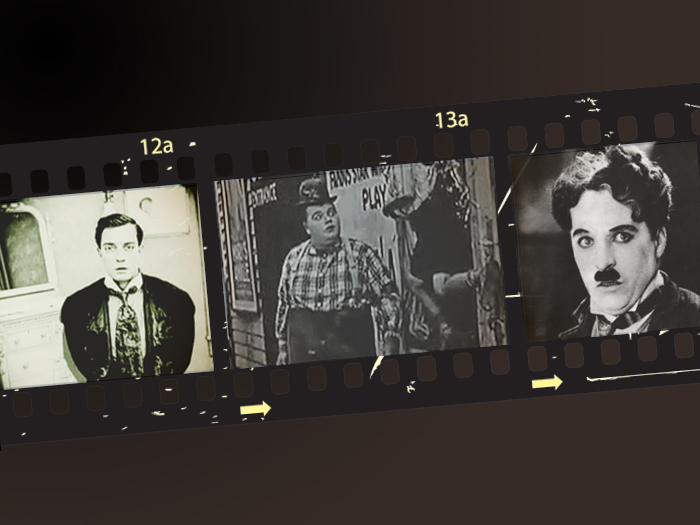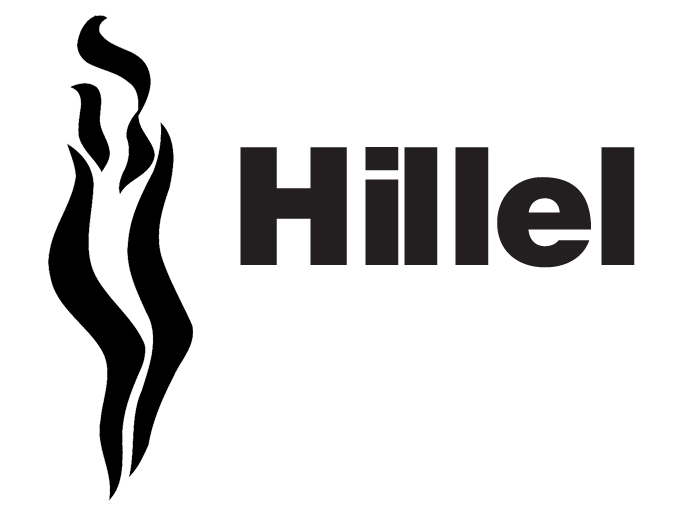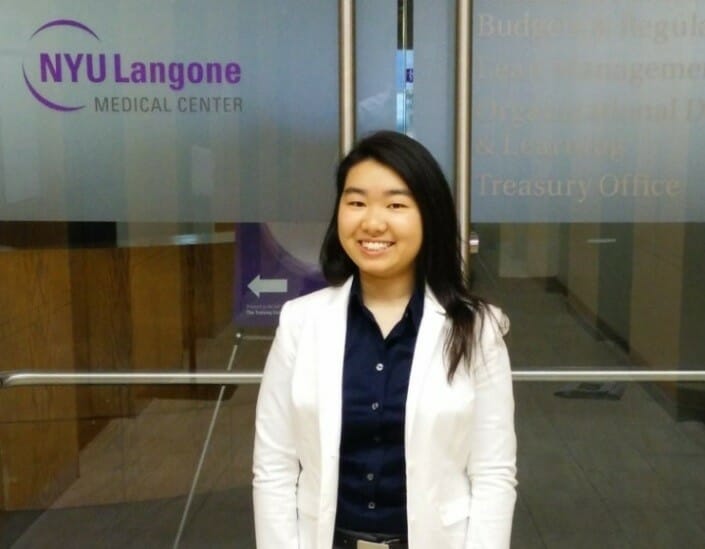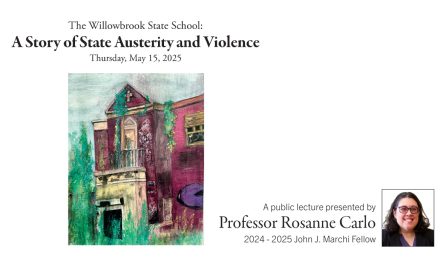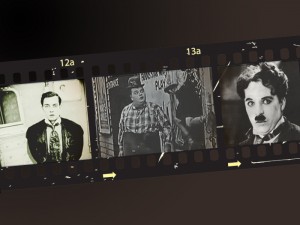
Enjoy three silent films with live musical accompaniment from Alloy Orchestra at the Center for the Arts.
Come experience the magical combination of sights and sounds with Charlie Chaplin, Buster Keaton, and Roscoe Conklin “Fatty” Arbuckle with Alloy Orchestra, who Roger Ebert describes as “The best in the world at accompanying silent films.” Together, musicians Terry Donahue, Ken Winokur, and Roger Miller skillfully employ an outrageous assemblage of peculiar objects that create soulful accompaniments to complement three short silent films: Easy Street (1916), One Week (1920), and Backstage (1919). “Alloy Orchestra Presents: The Masters of Slapstick” will be on Friday, February 3, 2012 in the Center for the Arts (CFA) Williamson Theatre at 8:00pm. Tickets are $20 and $25 and can be purchased in person, by phone at 718.982.ARTS (2787), by mail, and online through the CFA Box Office,2800 Victory Boulevard, 1P-113,Staten Island. Box office hours are Monday through Friday, 9:00am to 4:00pm and Saturday, noon to 3:00pm.
Alloy Orchestra began its love affair with silent films with an original score for Metropolis in 1991. An unusual combination of “found percussion” and state-of-the-art electronics gives the Orchestra the ability to create any sound imaginable. Using their famous “rack of junk” and electronic synthesizers, the group generates beautiful music in a spectacular variety of styles.
Since its birth, the group has written scores for 28 feature-length film presentations, typically premiering their new scores at the Telluride Film Festival in Colorado. Performing at prestigious film festivals and cultural centers in the U.S. and abroad (Lincoln Center, The Louvre, The Academy of Motion Pictures, the National Gallery of Art, and others), Alloy has helped revive some of the great masterpieces of the silent era.
Films Being Featured:
Easy Street by Charlie Chaplin (U.S.), 1916: In one of Chaplin’s most revered shorts, the Little Tramp starts on the path of reform at the behest of a beautiful woman, taking a job as a cop in a tough part of town where he has to tame a classic bully. While physical humor was Chaplin’s signature, there are also notes of harsh reality here that are startling and add to the power of the film.
Backstage by Fatty Arbuckle (U.S.) 1919: Roscoe Conklin “Fatty” Arbuckle was the first big movie star, mentored Charlie Chaplin, and discovered Buster Keaton. This is the last film that Arbuckle and Keaton made together. A hilarious story of backstage people filling in for performers who quit, this is full of the physical comedy that was the trademark of this era and of these great artists. Look for the falling-wall trick that Arbuckle created (and Keaton went on to make his own).
One Week by Buster Keaton (U.S.) 1920: Released at the beginning of the period that Roger Ebert has said makes Buster Keaton “arguably the greatest actor-director in the history of the movies, ” this lauded short was the first film Keaton made without Fatty Arbuckle. It tells the simple story of a newly married couple finding the gift of a portable house that just needs assembling—but a rival for the wife’s hand has switched the labeling. All of the stunts were performed with a real house.
Directions to the Center of the Arts, 2800 Victory Blvd. 1P, Staten Island NY:
By car: A few minutes’ drive from Verrazano-Narrows, Goethals, and Bayonne bridges, take I-278 (the Staten Island Expressway) and exit at Victory Boulevard. Proceed to campus parking lots 1 and 2. Parking is free.
By NYC Transit: From Manhattan, the CFA is served by the S62, S61, X10 buses, coordinated with the Staten Island Ferry schedule. From Bay Ridge, Brooklyn, the CFA is served by the S93 and S53. To plan your trip, use the MTA trip planner www.tripplanner.mta.info/.

